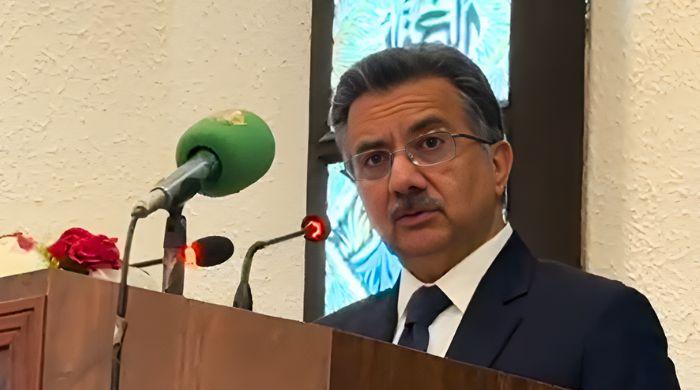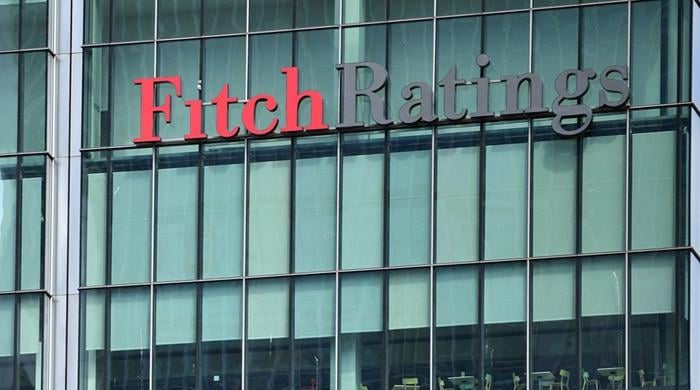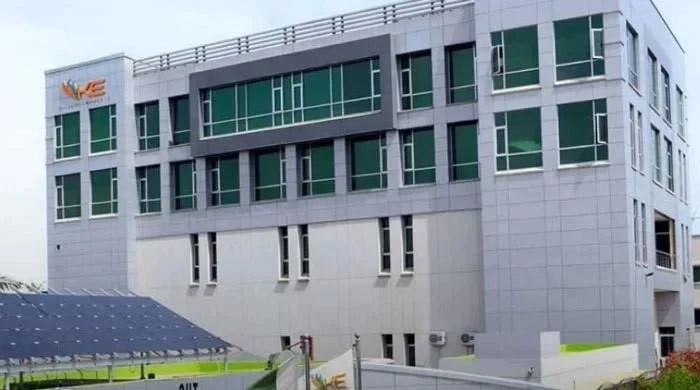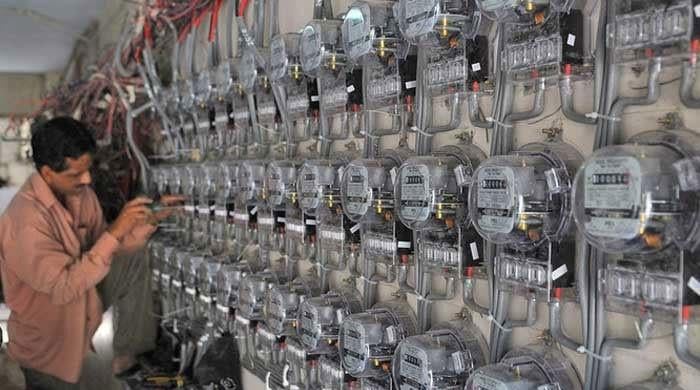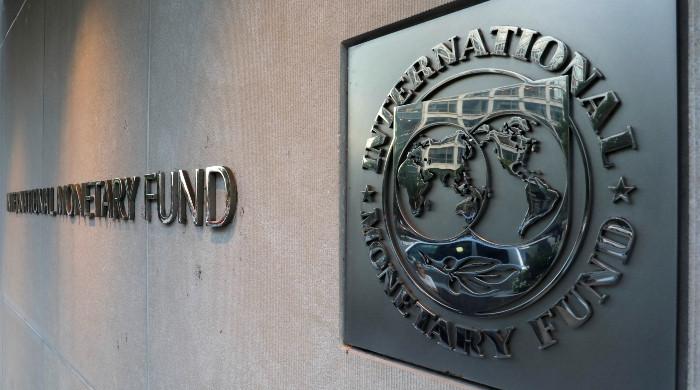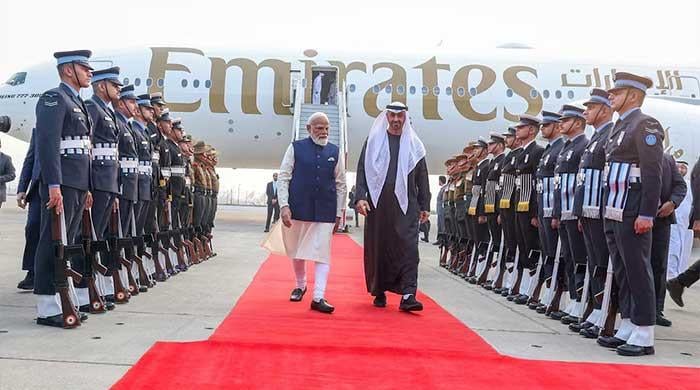Govt, IMF blame each other over delay in programme revival: report
“It’s nothing but a political game is on,” say unnamed Pakistani officials; analyst urges IMF to move ahead
May 02, 2023
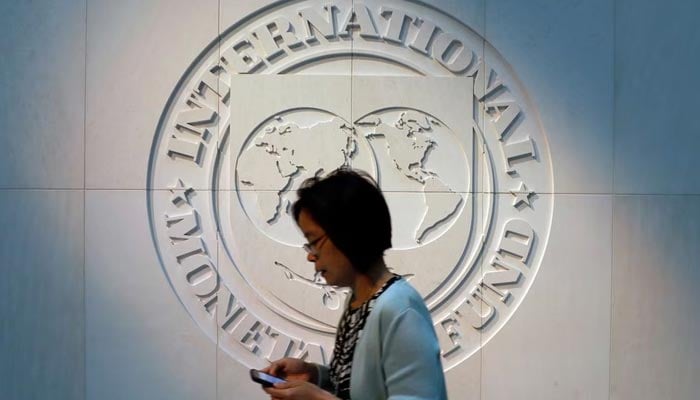
- Nearly 2 months have passed since IMF delegation visited Pakistan.
- Pakistan’s options for reviving IMF programme are limited.
- IMF’s eleventh review will become due tomorrow.
ISLAMABAD: The Pakistani authorities and the International Monetary Fund (IMF) are blaming each other in the aftermath of the delay in the revival of the bailout programme, The News reported Tuesday citing sources.
Official sources told the publication on Monday that both the IMF and Pakistani sides were holding each other responsible for the "unwarranted delay" in the completion of the outstanding ninth review and reviving the stalled programme after the lapse of almost 80 days since both sides completed Islamabad parleys on February 9.
Pakistan has less than a month's worth of foreign exchange reserves and is awaiting a bailout package of $1.1 billion from the IMF that has been delayed since November over issues related to fiscal policy adjustments.
The funds, which can only be released after signing a staff-level agreement, are part of a $6.5 billion bailout package the IMF approved in 2019, which analysts say is critical for Pakistan to avert defaulting on external payment obligations.
According to the report published today in The News, Pakistan’s options for reviving the IMF programme are shrinking with the passage of every day. It is yet to be ascertained how the country will proceed to accomplish the existing IMF programme which expires on June 30, 2023.
The IMF’s eleventh review under the Extended Fund Facility (EFF) programme will become due tomorrow (Wednesday) at a time when Islamabad is still unable to accomplish the pending ninth review.
Both sides had so far been unable to strike a staff-level agreement to complete the ninth review. Under the IMF programme, the tenth review became due on February 3, but it could not be done.
The sources in the IMF told the publication that they were still waiting for confirmation on external financing requirements despite Islamabad providing guarantees on $3 billion in additional deposits from Saudi Arabia and the UAE.
The IMF now wants confirmation on the remaining $2 billion from World Bank, and Asian Infrastructure Investment Bank $900 million and seeking commercial loans from banks.
Without an additional $2-3 billion confirmation, the Washington-based lender is reluctant to strike the deal. On the other hand, Pakistani authorities argued that the Fund was playing politics with the Pakistani side as the agreement should have been signed much earlier.
“It’s nothing but a political game is on” the sources added.
Dr Khaqan Najeeb, former adviser Ministry of Finance, told The News that the inordinate delay raises questions about the difficulties in completing the tenth and eleventh reviews (worth over $ 1 billion) scheduled for February 3 and May 3, respectively.
He said whether it’s delays in price adjustments, a credible circular debt management plan, filling the financing gap, petrol cross-subsidy, or payment of election expenses something or the other keeps propping up to hold back the staff-level agreement.
"Of course, exogenous events and geopolitics have their share of compounding the picture for Pakistan."
Dr Najeeb added that it is most tragic to be happening at a time of the most serious domestic economic crisis and a challenging global scenario.
"The IMF is the lender of last resort, probably it can move forward in that spirit. For Pakistan to remain near the brink of default is not a good option," he maintained, adding that in the short run, funding from friendly countries and revival of the IMF programme, clarity on the programme completion dates, and work on budget 2023-24 is the least that needs to be done.




